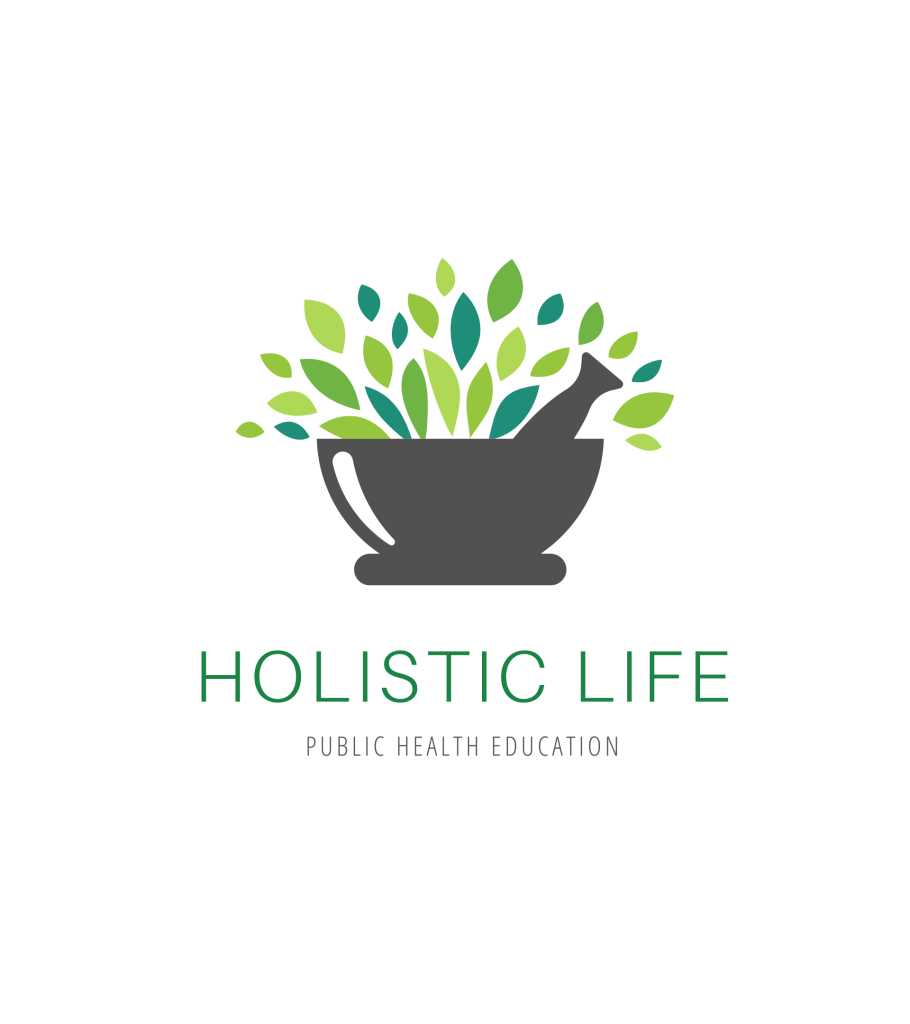Over the years, I have come to realize that the integrity of scientific research is often compromised by financial influences. Understanding who funds the studies you encounter can dramatically affect your perception of what is presented as fact. You might be surprised to learn that big corporations and special interest groups often control the narratives in scientific discourse. To explore this issue further, I encourage you to examine the insights provided in the article Do People Care About Evidence?.


Key Takeaways:
- Investigates the influence of funding sources on scientific research outcomes.
- Highlights conflicts of interest that may skew public perceptions of scientific facts.
- Calls for transparency in funding to foster trust in scientific findings.

The Money Trail: Unmasking Funding Sources
Tracing the flow of money into scientific research unveils a complex web that often intertwines with dubious motives. In many cases, the funding sources behind studies influence outcomes, shaping what research is published and which findings gain public attention. Understanding this money trail not only reveals skewed representations of facts but also highlights the potential compromise of scientific integrity in favor of financial gain.Corporate Influence in Scientific Research
Corporations frequently sponsor research that aligns with their interests, creating a conflict of interest that can skew results. For example, studies financed by pharmaceutical companies often report positive outcomes for their drugs, which raises questions about objectivity and transparency. Data shows a significant correlation between funding source and study results, undermining public trust in scientific claims.Government Grants and Their Hidden Agendas
Government grants play a dual role, both funding vital research and often reflecting political or social agendas. The requirements attached to these grants can influence research directions, leading scientists to prioritize certain topics over others, potentially molding the narrative of scientific inquiry. Government-funded research is not immune to bias. Funding agencies may prioritize studies that align with current policy goals or political interests, which can generate findings that validate specific agendas. For instance, research pertaining to climate change often relies on federal funding, yet studies challenging the prevailing theories may struggle to receive grants. This selective support can lead to an echo chamber effect, where only certain perspectives are explored, ultimately distorting scientific discourse and hindering innovation.
The Dance of Data: When Results Become Compromised
Data manipulation often transforms objective findings into distorted narratives. I have seen how selective presentation of results can mislead public perception, dramatically skewing understanding of crucial issues. For instance, Contrary to Clear, Verifiable Facts, Secretary Kennedy continues to endorse flawed data, highlighting the peril of compromised studies that favor sensationalism over accuracy.Selective Reporting and Cherry-Picked Studies
In scientific publication, selective reporting emerges as a significant threat. Researchers may favor outcomes that align with their hypotheses, ignoring data that suggests otherwise. This cherry-picking of studies creates a skewed narrative that can misinform both the public and policymakers.Conflicts of Interest in Peer Review
Peer review, often claimed to uphold scientific integrity, can be undermined by conflicts of interest. Reviewers may hold biases towards specific outcomes based on personal or financial ties to studies they assess, compromising their objectivity. This lack of neutrality can lead to the approval of flawed research, perpetuating misinformation. The presence of conflicts of interest in peer review not only taints the credibility of individual studies but also damages the broader scientific ecosystem. For instance, if a reviewer has financial stakes in a pharmaceutical company, their influence might sway the acceptance of research favoring those products, dulling the sharp edge of scrutiny. This systemic flaw can diminish public trust in scientific findings and hinder progress in addressing urgent health issues.The Public’s Perception: How Funding Shapes Beliefs
The influence of funding on public perception cannot be underestimated. Scientific studies, when funded by organizations with vested interests, often create a biased narrative that shapes what the public believes. Your understanding of issues like climate change or health risks can be skewed by reports that emphasize certain findings while downplaying others, effectively shaping policy debates and personal convictions. This manipulation creates a distorted reality where facts become secondary to financial motives.Misleading Narratives in Media Coverage
Media outlets frequently amplify misleading narratives rooted in scientifically compromised studies. When science is funded by corporations or groups with specific agendas, sensationalized headlines can misrepresent the real findings, leading the audience to form opinions based on distorted truths. For instance, studies funded by the tobacco industry often downplayed health risks, resulting in prolonged public skepticism around smoking hazards despite overwhelming evidence against it.The Role of Advocacy Groups in Disseminating “Facts”
Advocacy groups play a significant role in shaping the public’s understanding of scientific “facts.” By funding research and promoting findings that align with their agendas, these organizations can effectively influence governmental policy and societal attitudes. Their targeted campaigns often frame narratives to highlight specific data while ignoring or dismissing contradictory evidence, thus constructing a version of truth that supports their goals. Many advocacy groups use well-funded marketing strategies to disseminate their “facts.” For example, environmental organizations frequently support research that showcases the urgent need for climate action, while industry-backed groups may fund studies that cast doubt on climate change. This selective promotion not only skews public understanding but also pressures policymakers to act according to the narrative these groups create. Through advertisements, social media campaigns, and partnerships with credible figures, they amplify their messages, leading to a collective belief system that aligns with their financial backers’ interests. The result is a landscape where facts are not absolute but rather tools wielded by those with money and influence.Accountability and Transparency: Rethinking Research Integrity
Integrity in research hinges on accountability and transparency. I find that embracing open practices fosters trust among scientists, policymakers, and the public, facilitating informed discussions about the implications of scientific findings. By adopting rigorous standards for transparency regarding funding sources and conflicts of interest, we can begin to mend the rift between science and public trust, ensuring that facts aren’t swayed by financial pressures.Calls for Open Funding Disclosures
Open funding disclosures are gaining momentum as a means to enhance transparency in research. By publicly sharing the financial support behind studies, we demystify potential biases and allow for better scrutiny of the research process. Funding transparency equips you, as a consumer of science, to assess the motivations behind studies critically.Best Practices for Ensuring Objective Science
Implementing best practices to ensure objective science involves a multi-faceted approach, including pre-registration of studies, peer review by independent experts, and diversified funding sources. I advocate for institutions to adopt protocols that safeguard against bias, such as rotating funding committees and requiring disclosure of financial ties throughout the research lifecycle. For instance, initiatives like the Transparency and Openness Promotion (TOP) guidelines promote practices that enforce these standards at every level, fostering a culture that prioritizes integrity and replicability.The Future of Science: Strategies for a Corruption-Free Landscape
Strategies for a corruption-free scientific landscape include increasing transparency in funding sources and strengthening regulations around conflicts of interest. It’s imperative to foster a culture of integrity that prioritizes evidence over financial gain. Organizations must implement rigorous peer review processes and ensure that independent voices are heard. For insights on accountability in research, explore who ensures that science stays true to facts and unskewed …Empowering Independent Research Initiatives
Supporting independent research initiatives can dilute the influence of corporate funding. By investing in non-profit research organizations and public institutions, I can promote studies that prioritize public health and environmental sustainability over profit motives. This fosters diverse perspectives and methodologies in scientific inquiry.Promoting Critical Thinking and Skepticism in the Public
Encouraging critical thinking and healthy skepticism among the public enhances their ability to discern credible scientific claims from misleading information. Educational reforms emphasizing analytical skills and scientific literacy provide necessary tools for informed decision-making. Workshops, online courses, and community discussions can stimulate public engagement with scientific content. Delving deeper into this promotion, I find tools like online platforms and social media are pivotal. Initiatives that guide users on fact-checking, logical reasoning, and understanding scientific methodology can significantly bolster public discernment. A well-informed populace can challenge misinformation and demand higher standards from scientific discourse, thereby reinforcing the integrity of science.Conclusion
The examination of funding sources in scientific research is imperative for discerning the integrity of the information we encounter. I encourage you to scrutinize who backs the studies that shape public perception and policy. Your ability to critically assess the influence of money on science will empower you to distinguish between genuine findings and those swayed by vested interests. In doing so, you contribute to a more informed society that values transparency and ethics in scientific discourse.
Tagged Corruption, Funding, Science
